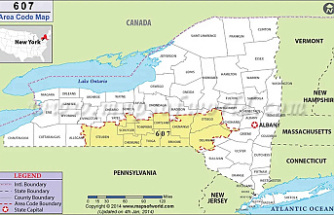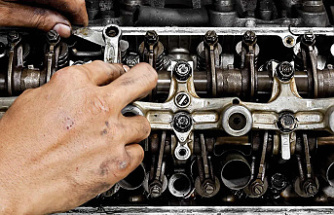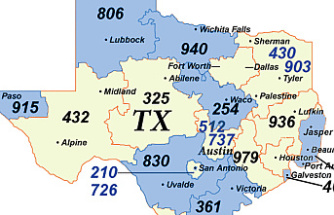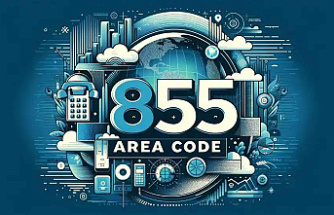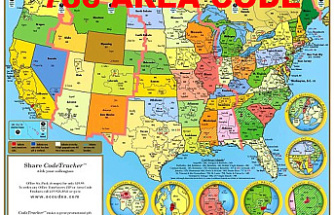After a nearly a decade of losing money, Maryland wants out of the business of owning slot machines once and for all.
The state has reaped billions from legalized gambling, but the slot machines cost as much as $30,000 apiece, plus $2,000 a year in maintenance.
The expense far exceeded what policymakers envisioned when they launched the gambling program, and they have slowly made deals with casinos to transfer ownership of the slot machines in exchange for tax breaks.
The four biggest of the state's six casinos own their slot machines now; two do not. The state pays $14 million a year to provide machines for Rocky Gap Casino Resort and the Casino at Ocean Downs.
Legislation pending before the General Assembly would give those two casinos a 10 percent break on their tax bills if they agree to buy the machines by the start of 2018 — a deal that would cost the state's Education Trust Fund about $10 million a year. The state would also pay a $1.6 million penalty for breaking its contract with slot machine companies two years early.
In the seven years since the first of Maryland's six casinos opened, they have pumped $1.7 billion into the state's Education Trust Fund — the financial windfall that advocates for gambling promised would go to the state's public schools.
But over that time, casino funds have not gone to bolster...
In the seven years since the first of Maryland's six casinos opened, they have pumped $1.7 billion into the state's Education Trust Fund — the financial windfall that advocates for gambling promised would go to the state's public schools.
But over that time, casino funds have not gone to bolster...
The Hogan administration, which suggested the deal, told legislative analysts that the state would save money over the long run by avoiding that expense. The casinos do not pay the state for use of the machines.
If the casinos don't buy the machines by 2020, they'd be forced to do so and receive just a 6 percent tax cut instead — the same deal received by MGM International at National Harbor, Horseshoe Casino in Baltimore and Hollywood Casino in Perryville. Maryland Live Casino in Anne Arundel County gets an 8 percent tax break for owning its machines.
The legislation is pending before committees in the House of Delegates and Senate. It has not faced vocal opposition.
The Feb. 24 White House press briefing, normally open to all reporters with press credentials, was an exclusive event for certain outlets handpicked by the administration.
The Feb. 24 White House press briefing, normally open to all reporters with press credentials, was an exclusive event for certain outlets handpicked by the administration.
President Trump criticized the news media and denounced the use of anonymous sources during his speech at the Conservative Political Action Conference. Feb. 24, 2017 (C-SPAN)
President Trump criticized the news media and denounced the use of anonymous sources during his speech at the Conservative Political Action Conference. Feb. 24, 2017 (C-SPAN)
Del. Frank Turner, a Howard County Democrat who helped oversee the legislation that set up Maryland's casino industry, said the state offered to buy the machines in the first place to make the state's gambling tax rate palatable to the companies.
"You can't have the companies pay a 67 percent tax rate and give them nothing in return," Turner said.
ecox@baltsun.com
twitter.com/ErinatTheSun
Our editors found this article on this site using Google and regenerated it for our readers.


